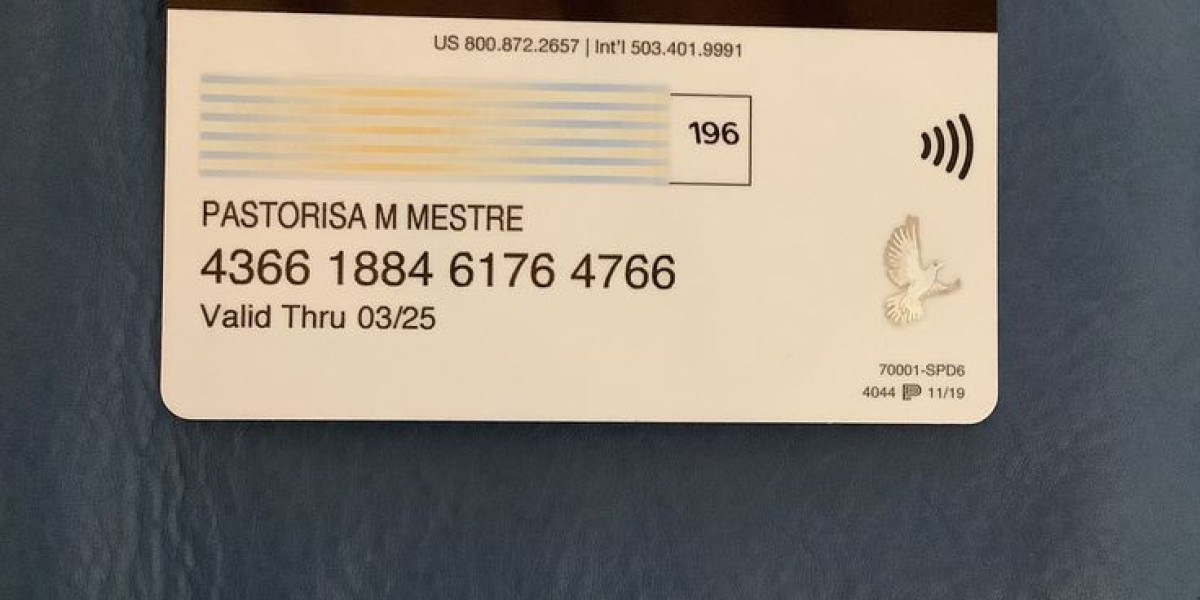Payment Resolution Services Phone Harassment: Your Rights & What to Do
If Payment Resolution Services is calling you repeatedly, using aggressive tactics, or pressuring you without proof of debt, you have legal protections. Harassing phone calls from debt collectors are not just stressful—they can be illegal. Knowing your rights and what actions to take can help you stop the abuse.
Who Is Payment Resolution Services?
Payment Resolution Services (PRS) is a third-party debt collection agency based in Franklin, Tennessee. They contact consumers on behalf of creditors to collect unpaid balances. Although collection is allowed under law, some of their reported practices—like frequent calls, threats, or failing to validate the debt—are among the complaints consumers have raised. These behaviors may cross the line into unlawful harassment.
What Behaviors May Be Illegal
Under laws like the Fair Debt Collection Practices Act (FDCPA), certain collection tactics are prohibited. If PRS is doing any of the following, it could be violating your rights:
Excessive or Repetitive Calls
Receiving calls multiple times per day or calls from different numbers without meaningful purpose may be harassment.
Threats, Misrepresentation & Coercion
Collectors cannot threaten legal action they cannot take, lie about the amount owed, claim to be attorneys if they are not, or use scare tactics to force payment.
Calling at Bad Times or Places
They are not allowed to call too early in the morning or late at night. If you've asked them not to call at work or made special requests about when they can contact you, they must honor that.
Ignoring Your Requests to Stop or Validate Debt
You have the right to request written proof (validation) of the debt. If PRS cannot provide it, they should stop collection attempts. Also, once you send a written cease-and-desist, they must stop most contact beyond confirming receipt or informing you of legal steps.
If any of these apply to you, the harm you’re experiencing may fall under Payment Resolution Services phone harassment, and you may have legal recourse.
What You Can Do
Here are concrete steps to protect yourself:
Document Everything
Keep a log of every call or message: date, time, number, what was said. Save voicemails, texts, letters. This documentation is essential for any claims.
Request Debt Validation in Writing
Send a written request to PRS asking them to prove the debt—that it’s yours, how much, who the original creditor is, and any paperwork supporting their claim.
Send a Cease-and-Desist Letter
Write a letter telling them to stop contacting you. Once they receive it, continued calls (outside of limited legal exceptions) may break the law.
Consult a Consumer Protection Attorney
If harassment continues, a lawyer specializing in debt collection laws can help you explore legal options, possibly pursue damages, and stop the abuse.
Taking Action & Regaining Control
You don’t have to endure abusive calls from debt collectors. By understanding your rights under the FDCPA, demanding proof, keeping detailed records, and engaging legal support when necessary, you can stop the harassment and protect your peace of mind. For detailed guidance specific to your situation, visit Payment Resolution Services phone harassment.









